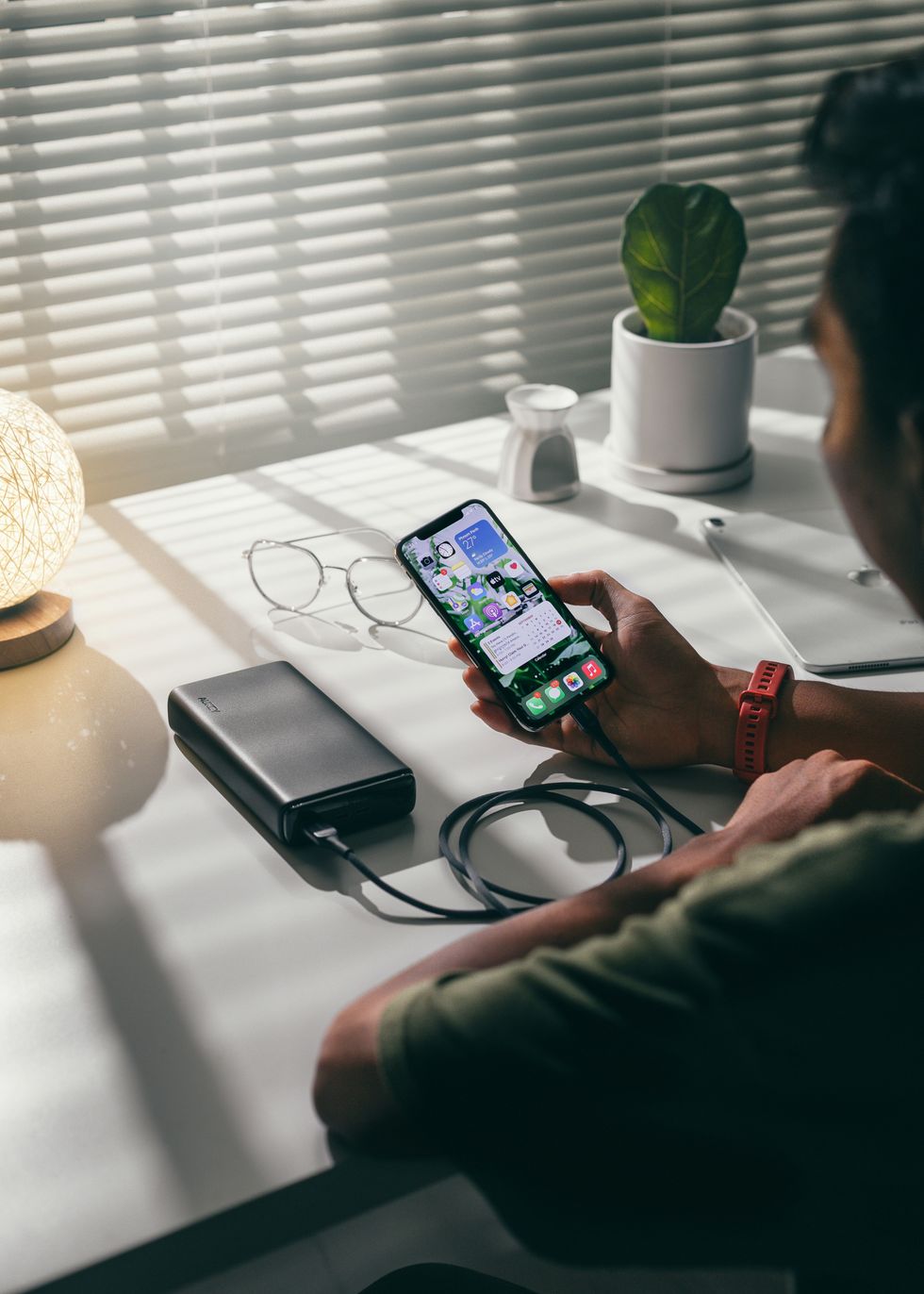Patrons can, according to their website, is an ID scanner that reads both the government-issued ID of a person and their eyes. The two are compared to verify and authenticate the customer's identity. The scanner "verifies the patron's age and confirms ID expiration dates. Best fake id websites can also catches fake IDs."
Patronscan's public relations representative Marko Milkotin says that the system collects only the information needed to verify age, avoid an incorrect match to the known lists, and for law enforcement investigations. This includes the customer's name, date, and gender, as well as their postal code.
According to their website, Alberta Patronscan keeps this information for 21 calendar days. This gives crime victims enough time to report a crime and law enforcement time to identify the accused assailant. Milkotin says that victims often report crimes several weeks later.
The venue owner and management staff have access to these data.
"In the event of a major public safety incident, law enforcement can gain access to venue data. However, this is only after an official investigation has been initiated."
Patrons can claim that these "allow businesses to track patrons, determine capacity, and understand patron demographics."
Milkotin states that data is not used for marketing or cross-referencing with customer transactions.
Patrons can also keep some data, including non-personally identifiable age and gender, postal/zip codes, and daily customer scans. These data are compiled and compiled into reports.
Milkotin explained that Patrons could is used by most businesses to protect their staff, guests, and property. However, it also serves as an "investigative tool" that helps local law enforcement identify patrons suspected of engaging in criminal activity.
He also stated that the scanner's presence acts as a deterrent.
Patrons can: Making Progress
Alanna Towstego is an employee at NE Edmonton Liquor Depot. She says that "at first people were a bit iffy about it."
The Patrons can scanner was installed at her location in January. Towstego said that the store's regular customers still visit, and they "have no problem" with it, especially if it makes employees feel safer.
It seems that the Patrons can system at her place is working.
Towstego says that "the people who are doing the crime generally don't have IDs." They can't really get in."
She says, "It's definitely 100 percent safer." "We would typically have one theft per day, if not more."
Towstego only experienced two thefts in the first three months after the installation.
OIPC investigation
The security Patronscan claims it provides is not what the Office of the Information and Privacy Commissioner began investigating the project just three days after Alcanna and Patrons can announce it publicly on Jan. 20.
Scott Sibbald is a communications manager at the OIPC of Alberta. He said that the ongoing investigation would determine whether the use of the technology within liquor stores complies with the Personal Information Protection Act (PIPA), which is Alberta's private sector privacy law.
PIPA requires that an organization obtain consent from an individual before it collects its personal information. You can obtain consent verbally, in writing, or electronically. The person consents if they give the information freely or opt-out.
Towstego claims that her store has done this by displaying a blue sign outside with the words "Scan your ID" and instructions for placing the ID barcode underneath the green light. If the ID is valid, the doors will open.
Towstego says that we also have information cards that we give customers who don't know how it works and that one of our staff goes outside to show them how to use the scanner properly.
Milkotin states that the OIPC of Alberta looked into their past use of ID scanners and determined they adhere to PIPA.
"Patronscan ID scanners found at many local bars and nightclubs are compliant with privacy laws," says Milkotin. It's the same technology in a different location.
Milkotin states that customers can access Patronscan's privacy site and submit an online disclosure request to find out how their personal data is used. A response will be provided within 10 business days.
PIPA limitations
Even if Alcanna or Patrons can be found to not comply with Alberta's privacy laws, the Privacy Commissioner doesn't have the power to make a company close down or impose a financial penalty.
PIPA was introduced in 2004 and provided a framework to assist Alberta private sector organizations in collecting, using, and disclosing personal information.
It also established privacy rights for Albertans. This includes the right to have their data protected and the ability to request access.
"At the time, PIPA was developed to ensure privacy compliance would not be too onerous for small and medium-sized businesses," says Sibbald. "Many things have changed in society since PIPA was passed, in large part because of the rapid growth of the information economy.
The Act has not reflected this growth. Sibbald refers to the General Data Protection Regulation (GDPR), which was introduced by the European Union in May 2018. This is a model Alberta can use to improve PIPA.
"The GDPR has strict legal requirements for informational privacy, including consent, mandatory breach reporting and notification, and being able to demonstrate compliance with GDPR's principles," says Sibbald.
Non-compliant organizations can be fined by the GDPR up to EUR20million or more than CAD 30 million.
There has been some discussion about tighter enforcement in Canada but no amendments to privacy laws in the private sector.
"There continues to be the talk of reforms federally," says Sibbald. "Any federal changes would likely influence the change in Alberta.




 Photo by
Photo by 
 Photo by
Photo by  Photo by
Photo by 

 Photo by
Photo by  person holding black smartphone on white textile
Photo by
person holding black smartphone on white textile
Photo by  StableDiffusion
StableDiffusion
 Photo by
Photo by  Photo by
Photo by 




